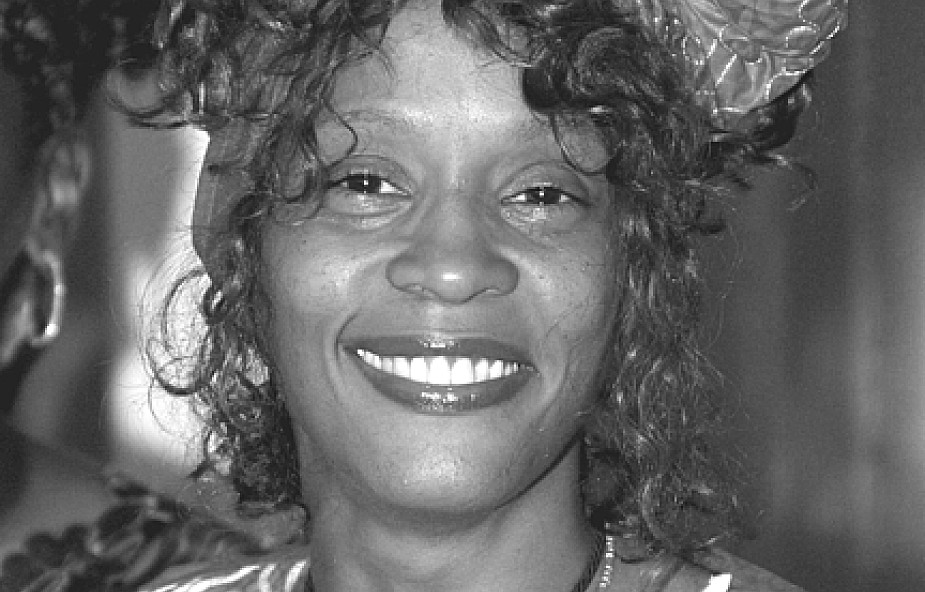Introduction to a Timeless Classic
"I Will Always Love You", performed by Whitney Houston, is an iconic track from the early 1990s that continues to resonate with audiences worldwide. Originally written and recorded by Dolly Parton in 1973, Houston's rendition was released in 1992 as part of the soundtrack for the blockbuster film "The Bodyguard". This version is celebrated for its powerful vocal delivery and emotional depth, solidifying Houston's status as a vocal powerhouse.
Cultural Context in the 1990s
During the 1990s, the music scene was diverse, with genres like grunge, Britpop, and trip-hop gaining popularity. Amidst this eclectic musical landscape, Houston's soulful ballad stood out, showcasing the enduring appeal of R&B and soul music. Her version of the song became a defining moment of the decade, illustrating the power of a well-executed vocal performance in a time dominated by alternative and rock genres.
Production and Sound
Produced by David Foster, the track features a lush arrangement with orchestral elements that complement Houston's soaring vocals. The song's production is characterized by its gradual build-up, starting with a gentle piano introduction and culminating in a powerful, climactic finish. This meticulous arrangement highlights Houston's vocal range and emotional expression, making it a masterclass in ballad production.
Notable Live Performance
One of the most memorable live performances of "I Will Always Love You" took place at the 1994 Grammy Awards. Houston's flawless rendition captivated the audience, further cementing the track's legacy in popular culture. This performance is often cited as one of her best, showcasing her unparalleled vocal abilities and emotional connection to the song.
Enduring Legacy
Decades after its release, "I Will Always Love You" remains a staple in music history. Its influence can be seen in countless covers and tributes by artists across various genres. The song's universal themes of love and farewell, combined with Houston's unforgettable interpretation, ensure its continued relevance and appeal to new generations of listeners.




Comments (0)